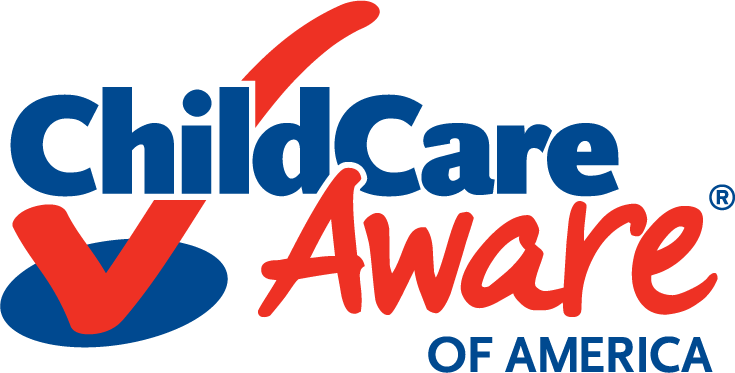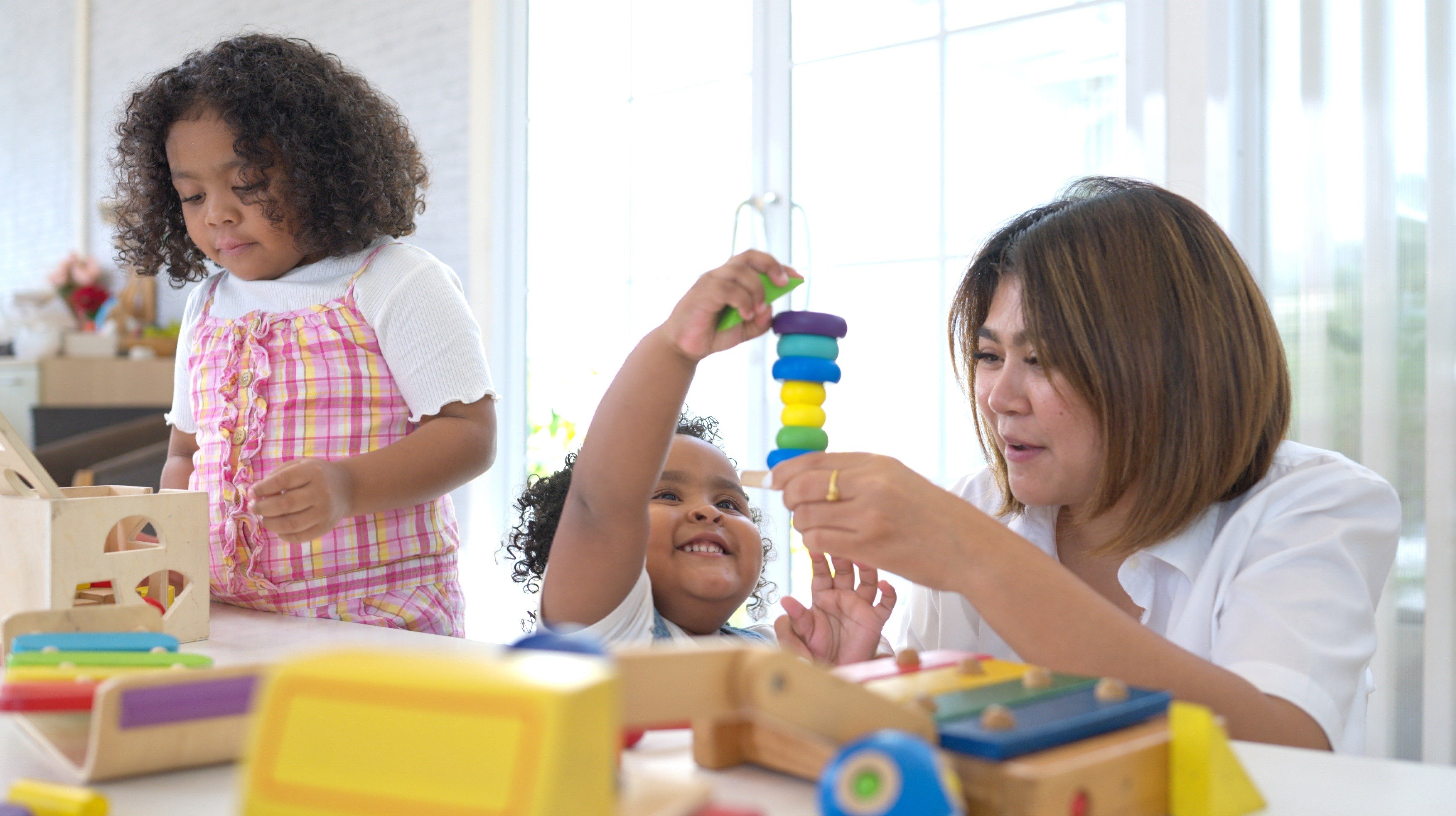%20Department%20-%20Facebook.png?width=1200&height=630&name=Johnson%20County%20(KS)%20Department%20-%20Facebook.png)
Child Care Aware of America (CCAoA) welcomes guest blog post that provide essential insights and information about the child care field.
This guest blog post features a program in Johnson County, Kansas, that strengthens child care providers' emergency preparedness capabilities through planning and training supports and exercises that allow providers to test their plans.
CCAoA is pleased to highlight this successful program during National Preparedness Month in September. Register today to learn more about collaborating with local emergency management agencies at the 2024 Leadership Institute—Strong Leaders, Strong Child Care.
Ensuring that child care providers are well-prepared to handle emergencies is critical to the safety and well-being of children. The Johnson County Department of Health and Environment (JCDHE), in partnership with CCAoA, has developed an innovative program that equips child care facilities with the tools they need to respond to unforeseen events. As part of National Preparedness Month, CCAoA is proud to showcase the success of the Child Care Prepared program in strengthening child care providers' emergency readiness.
Building stronger child care preparedness in Kansas
Initially piloted in 2018, the JCDHE partnered with Child Care Aware of America to develop a recognition program for child care providers called "Child Care Prepared." This program encourages child care programs to strengthen emergency plans, provide staff training, and participate in emergency drills and exercises. JCDHE's Public Health Emergency Preparedness and Child Care Licensing programs relaunched the program in 2023 and is open to home-based providers and centers in Johnson, Miami, and Franklin counties in Kansas.
Since its relaunch, seven facilities have enrolled in the 2023-2024 program year, taking significant steps toward ensuring the safety and resilience of their child care operations, which are vital community resources. Through the Child Care Prepared program, providers receive personalized support, including reviews and updates of their emergency plans tailored to each facility’s unique needs. The providers also participate in training sessions and emergency drills designed to improve their readiness in a safe, low-risk environment.
Emergency kits for child care providers
 As part of the program, participating child care facilities receive an emergency preparedness kit equipped with essential supplies such as first aid items, emergency contact sheets, and tools to support quick and effective responses during emergencies. These kits provide providers with the resources they need to be ready for a variety of potential situations, from natural disasters to medical emergencies.
As part of the program, participating child care facilities receive an emergency preparedness kit equipped with essential supplies such as first aid items, emergency contact sheets, and tools to support quick and effective responses during emergencies. These kits provide providers with the resources they need to be ready for a variety of potential situations, from natural disasters to medical emergencies.
This photo shows the tote that each enrolled facility receives
Fostering collaboration and communication
To enhance collaboration, over the past year, JCDHE has worked to improve communication between program participants, interested facilities, and the public. A dedicated Facebook group was launched, offering a space for facilities to exchange ideas, share updates, and access information about upcoming regional events. An in-person meeting was also held to foster direct communication among facility representatives and gather feedback on the program’s progress.
JCDHE also created the "Child Care Prepared" webpage, where the public can learn more about the program, find information for interested facilities, and see a list of those recognized for completing their first year. The webpage serves as a hub for sharing knowledge and celebrating providers' commitment to ensuring the safety of their communities.
Looking ahead: expanding preparedness across communities
Working with such a dedicated group of facilities has been a privilege. Each facility has unique operational strengths and preparedness needs, but they all share a common goal: to protect the safety and well-being of the children in their care. The collaboration between local public health agencies and child care facilities has not only strengthened individual preparedness but is also fostering a broader community network of support.
As the program grows, its impact will extend beyond individual facilities to influence the broader community. By equipping child care providers with robust emergency preparedness strategies and fostering mutual support, the Child Care Prepared program sets a benchmark for proactive readiness in child care settings.
Child care strong through emergency preparedness
National Preparedness Month is an opportunity to highlight the importance of supporting child care providers in their efforts to create safe and stable environments. Prioritizing emergency preparedness strengthens communities. Preparedness safeguards children, staff, and provides families with peace of mind. It also helps child care programs recover and reopen after emergency events, supporting children’s emotional and developmental needs, securing employment for providers, helping families maintain their role in the workforce, and contributing to overall community resilience.


.jpg)

